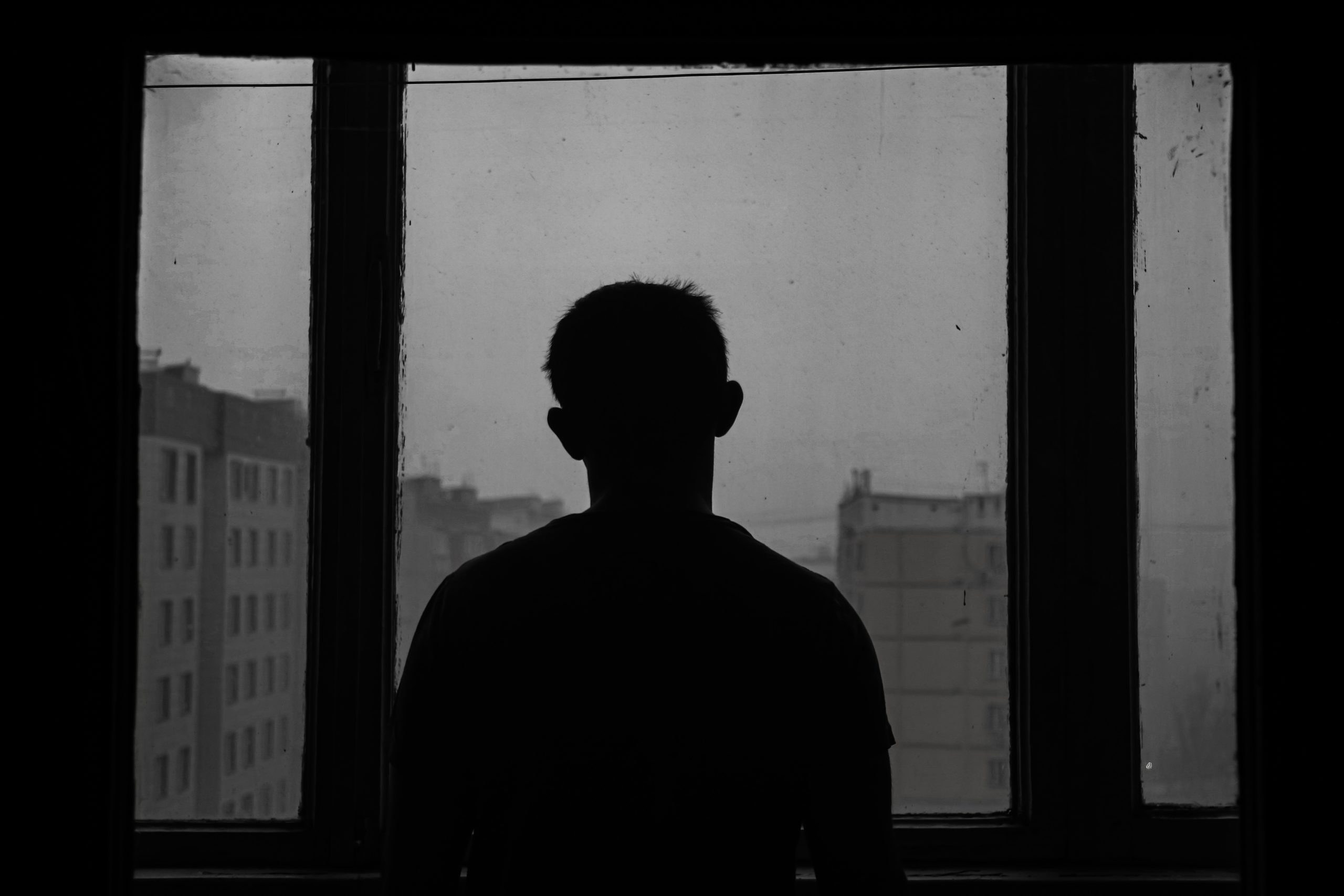Is it Laziness, Depression or Burnout?

I recently had a colleague of mine pose a question that was asked of her by an adolescent client. The question asked this, “What is the difference between laziness, depression and burnout?” I was very intrigued by the level of maturity this question posed but also could see how many people often think these three can be one and the same. As a Nigerian American, I have often witnessed children being told that they are lazy, when in actuality they were depressed and burnt out. I also often have witnessed those commonly attribute their laziness to depression, thinking that this will excuse their behavior. I have often seen clinicians assume they were lazy or depressed, but really they were burnt out. In order to no longer make these assumptions, I thought it may help to share the difference between the three.
Let’s start with depression. Now, depression often presents itself as laziness due the person’s lack of motivation or gusto. The reality is that this is a byproduct of depression, one of the many symptoms. In order to be officially diagnosed with depression, they must meet the some of the following criteria:
- At least 2 weeks a person feels depressed, sad, low for most of the days, almost every day
- Increased appetite or loss of appetite
- Hypersomnia / insomnia
- Feeling guilt
- Lethargic/Fatigue (low energy)- move slowly, speech is soft
- Low self-esteem
- Difficulty concentrating
- Feeling hopeless, helpless especially in regards to the future
- Can have thoughts regarding death
- Experiencing anhedonia (inability to feel pleasure)
- Distress or disability noticed (work/education, social or personal impairment
In regards to laziness, unlike depression which shows that one has the inability to function, those suffering from laziness do not. They are able, but often refuse to take advantage of the resources available to them. In many cases, laziness often wants glory without work. In many instances, people deemed lazy may not necessarily need a therapist, but a life coach that can help motivate them as well. Life coaches tend to focus on specific goals, motivation, and establishing a system that will assist a person with day-to-day life.
When it comes to burnout, or better known as compassion fatigue, this is where a person is running their lives at a pace that is not sustainable. Imagine this: you are a marathon runner, but when you first run, you are running like it’s a 100 meter dash, using all your energy within the first 30 seconds. The problem with this is without pacing oneself, one will be too tired to continue the remainder of the marathon. I see this in many helping professions, where there is a constant outpouring of self, resources and time. The burnout happens when there is nothing left to pour. One is empty and now not able to serve the population or take care of themselves well.
All in all, regardless if it is laziness, depression or burnout, one should seek mental health advice for resolution. If not taken care of properly, without the needed attention, there can be serious consequences. So, which one are you?

